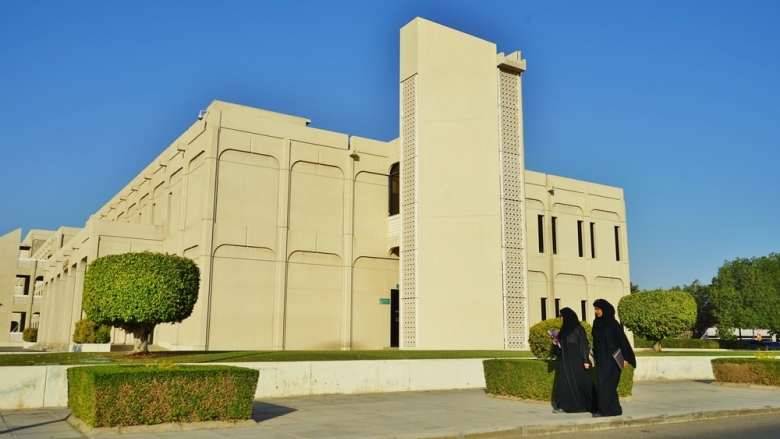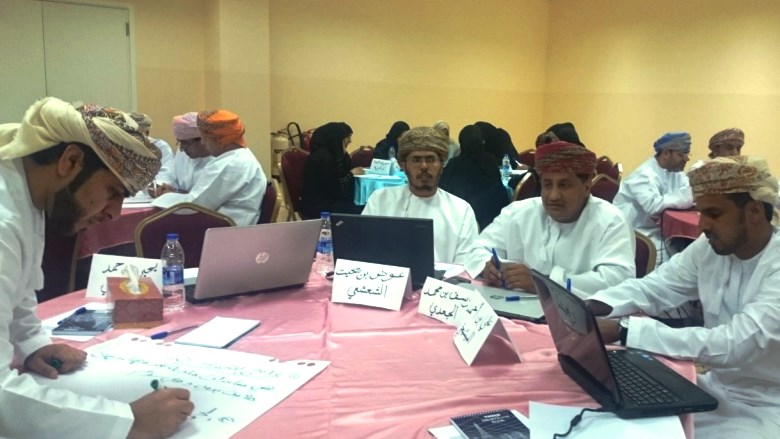Asma, an Omani social worker, recently shared a touching story. It was the story of a woman who, after a number of legal battles, had agreed to her husband’s terms for divorce, including how she would be taking care of their child. These terms denied her the right to remarry or find a job, even though she had a degree in business administration from the University of Sohar.
Thus, for fear of losing custody, she agreed to accepting 80 Omani riyals ($207) a month in social assistance, despite her need for more.
After hearing her story, the staff of Oman’s Ministry of Social Development referred her case to the Family Guidance Department, which advised her not to give into her ex-husband’s demands but to fight for her rights. Her case was viewed by the department as a small but important step towards improving the ability of social welfare or social assistance beneficiaries like her to gain access to work.
This took place in North Al Batinah governorate, which has the highest percentage of social assistance cases in Oman—27.3% of the cases. Their number has increased over the past few years, from about 71,000 in 2011 to about 85,000 households or almost 181,000 individual beneficiaries by the end of 2015. The governorate has 75 social workers, each managing an average of 288 cases.
Sohar, the largest city in North Al Batinah, has seen a significant amount of investment and economic growth. The port of Sohar and the steel and aluminum industries there present new labor opportunities. Sohar also has well-established Labor Market Activation Programs, set-up by Oman’s Ministry of Manpower, as well as by the Al Raffd Fund, the Public Authority for Small & Medium Enterprises Development "Riyada", and the Public Authority for Craft Industries.
Although Oman has many existing labor programs like these, few social assistance beneficiaries are using them to get jobs. Less than 0.5% of beneficiaries found work through them in each quarter of 2015.
This combination of new job opportunities, people’s limited use of labor market programs, and the large number of social assistance beneficiaries made Sohar the ideal location for a pilot scheme. Its objective was to reduce the social and fiscal costs unemployment placed on Oman’s cash transfer program.
A survey by the Social Development ministry itself found that 99% of beneficiaries were not benefitting from the services it provided with the Manpower ministry. The survey showed that 89% of beneficiaries were unaware of its income-generating schemes, and 83% that it had counselors to help them find jobs.


